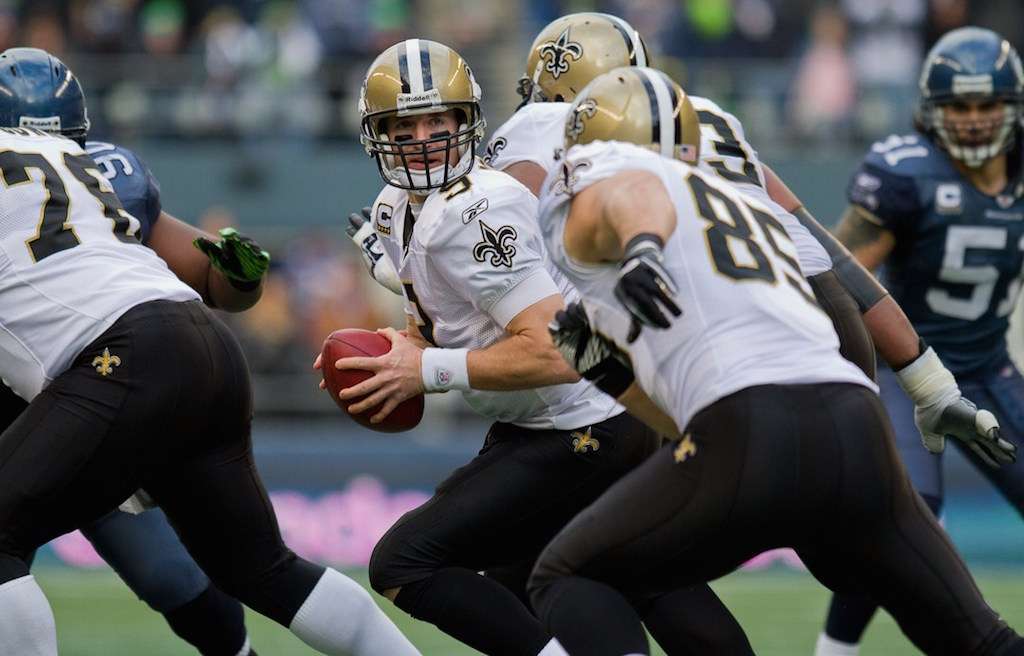Betting in the US has a complex history – and it’s not always been accepted, or even legal, to bet in this country. However, betting online on NFL in New Jerseyand elsewhere may well be about to become a lot easier thanks to the changes to the law around betting. It’s also likely to get easier for sports companies to make some revenue off the back of it. This article will explore exactly what these changes are set to do to the landscape of US sports revenue.
What are the changes?
Historically, bans on sportsbetting have long been in force. This stands in stark contrast to many other Western nations, where betting on sports has long since been legal. The lines of bookmakers that one might observe at race courses in countries such as the UK have either been clandestine or non-existent in the US. The tradition of “bookmakers”, which sees betting providers offer their services on Main Street through physical outlets, is also not apparent here.
However, legal changes in recent years have meant that this has changed significantly. The banthat had previously been imposed by the federal government in the US under the Professional and Amateur Sports Protection Act was removed in May 2018, meaning that states can now decide whether or not to legalize betting. This has been a significant step forward for the gambling industry, and has meant that 11 states – including Oregon, New Mexico and Pennsylvania – now legalize the practice. Several more are awaiting the passage of legislation to legalize it.
How will they cause revenue growth?
Financially speaking, the main beneficiaries of the changes in the law are going to be those who operate bookmaking establishments, as they will be the ones who offer services at a profit. However, the impact of the decision is likely to be much wider than that. Sports teams themselves are also going to see much more revenue.
The first reason why this is the case is obvious. There is currently a group of people who feel locked out of sports in the US because they can’t bet on outcomes, and hence are not nearly as engaged in terms of viewing time, stadium attendance and more. This will only increase thanks to the changes in the law, as it will add a new sub-fanbase – the bettors – and in turn enhance viewer figures, ad revenue and more. However, some of the sports leagues, including the National Collegiate Athletic Association (NCAA) and the baseball, basketball and football leagues, were among the main proponents of the legal changes. That’s because they stand to benefit in other ways, such as through partnerships in which third parties, including casino operators, pay the sports club for the use of their name, data, images and more in order to entice new gamblers to part with their cash.
The rise of the partnership
One example of a recent partnership made possible by changes to betting regulations is between the NBA and MGM Resorts. The commissioner of the NBA, Adam Silver, has been at the forefront of many partnerships – including the one with MGM Resorts – as a way to make extra cash out of the rise in sports betting. Sports media companies will also be taking their slice of the pie. Major sports news network ESPN, for example, recently announced that it would be opening a branded television studio in a casino in America’s betting hub, Las Vegas. The constant thirst for data in the modern economy has also weaved its way in thanks to the legalization of betting: Caesars was made the odds data supplier for ESPN, meaning that another lucrative revenue stream had opened up.
The decision of the US Supreme Court to lift the ban on sports betting in the country has had major ramifications already. Not only will it mean that consumers who fancy betting on the outcome of a particular game or player will be able to do so much more easily and without having to go “underground” – at least if they live in a legal betting state – but it will also mean that sports teams are able to open up whole new revenue streams using mechanisms such as increased engagement and partnerships – and this could have wide-ranging effects on US baseball, football and more for years to come.

